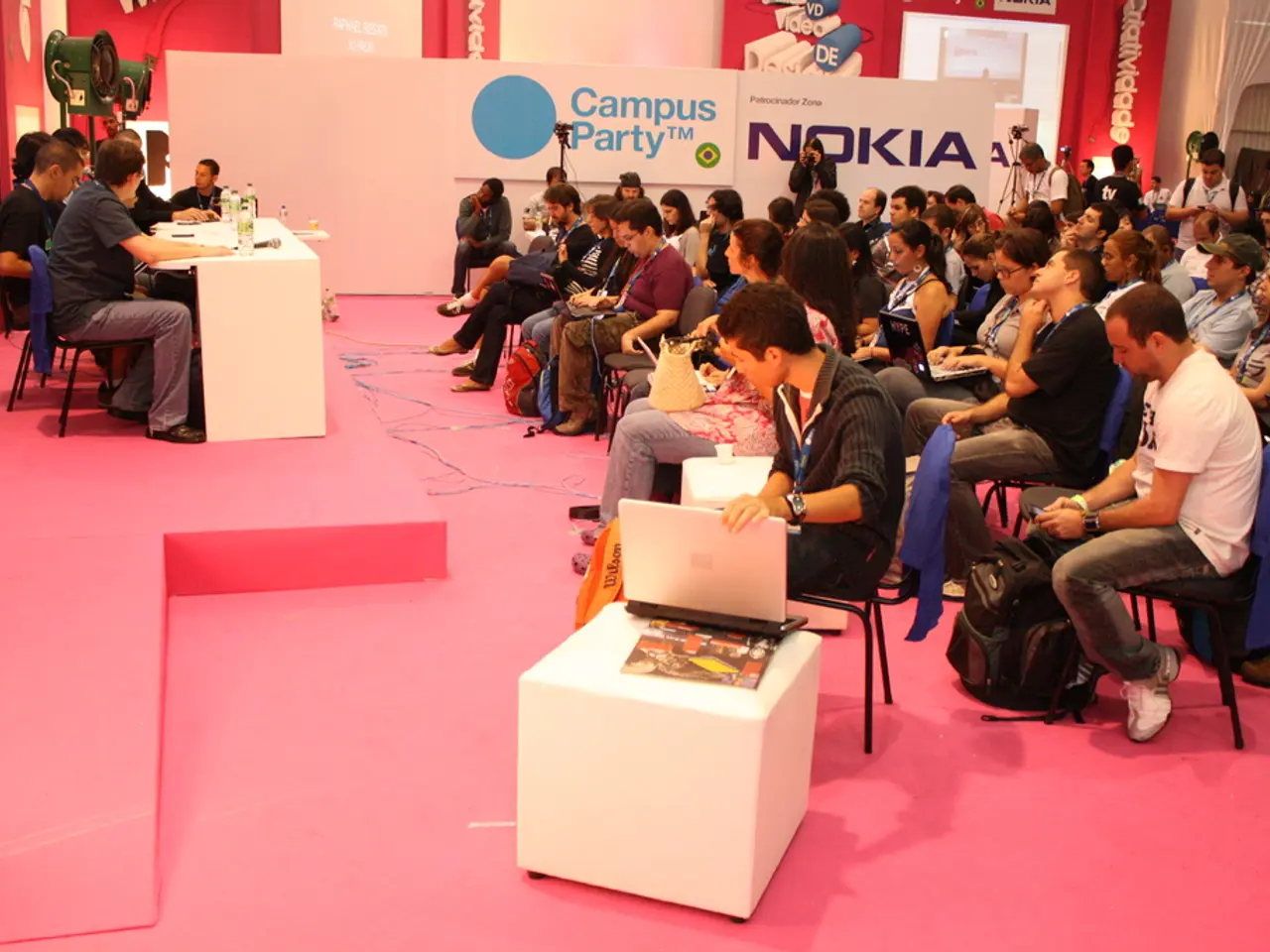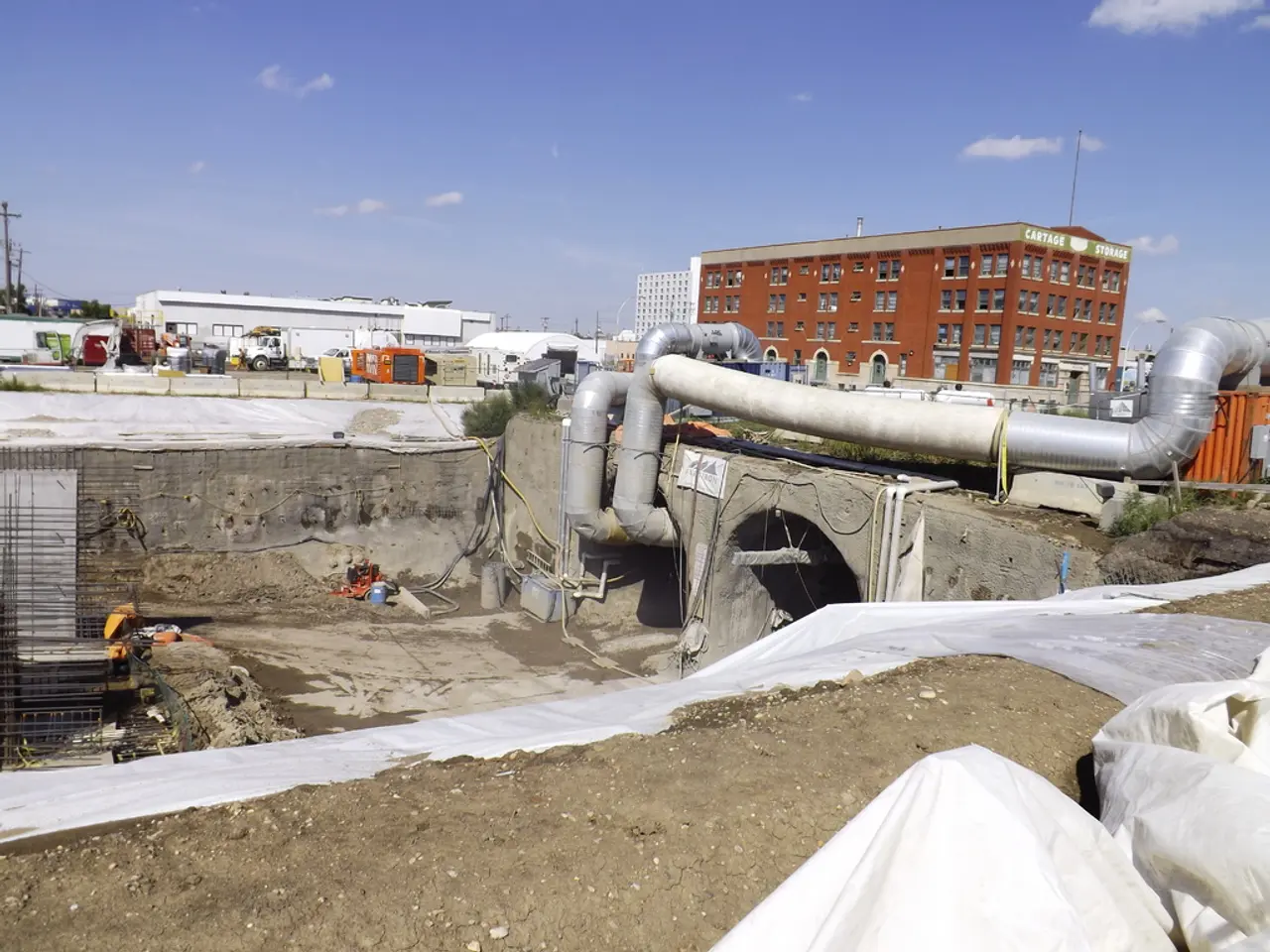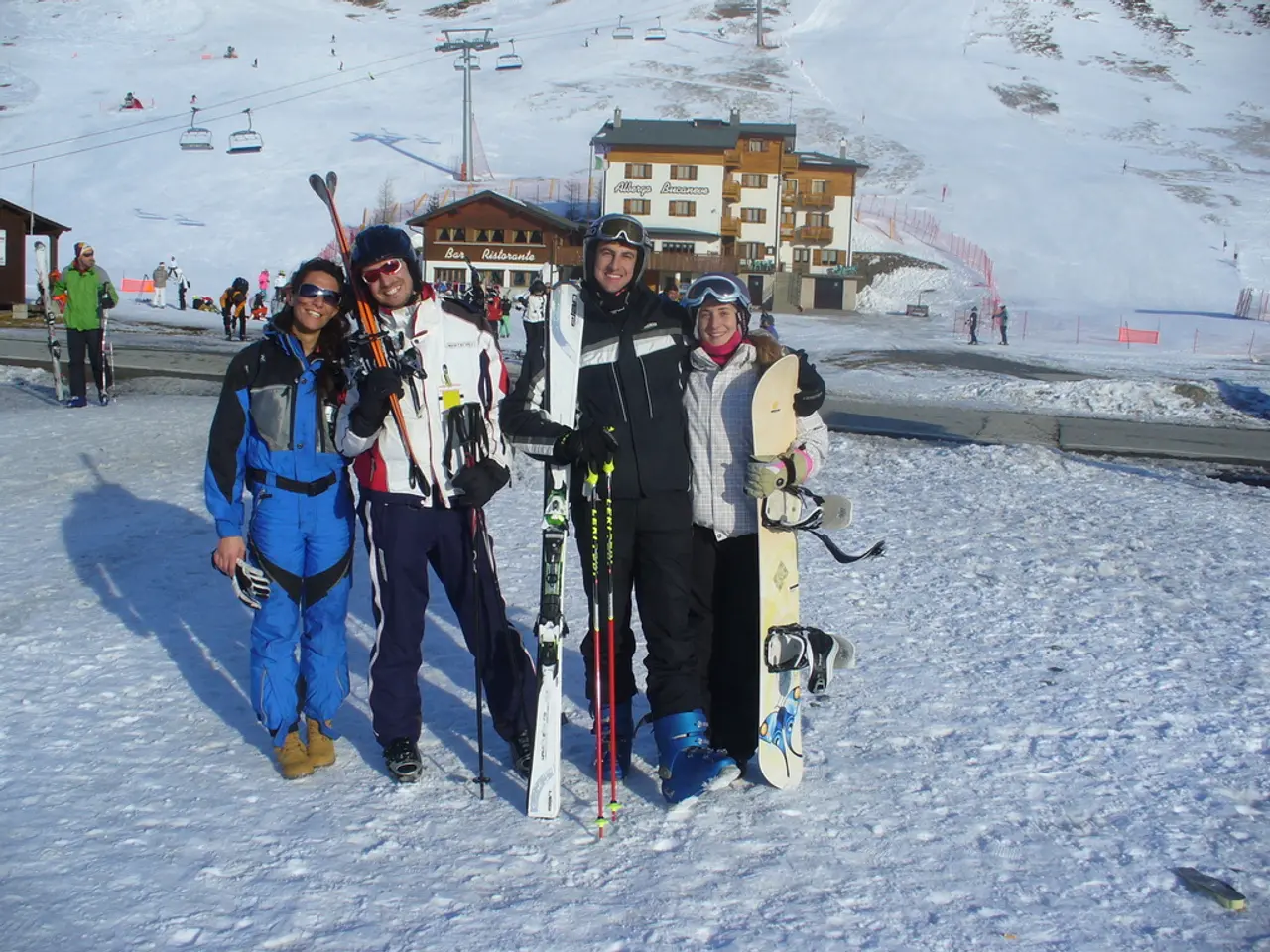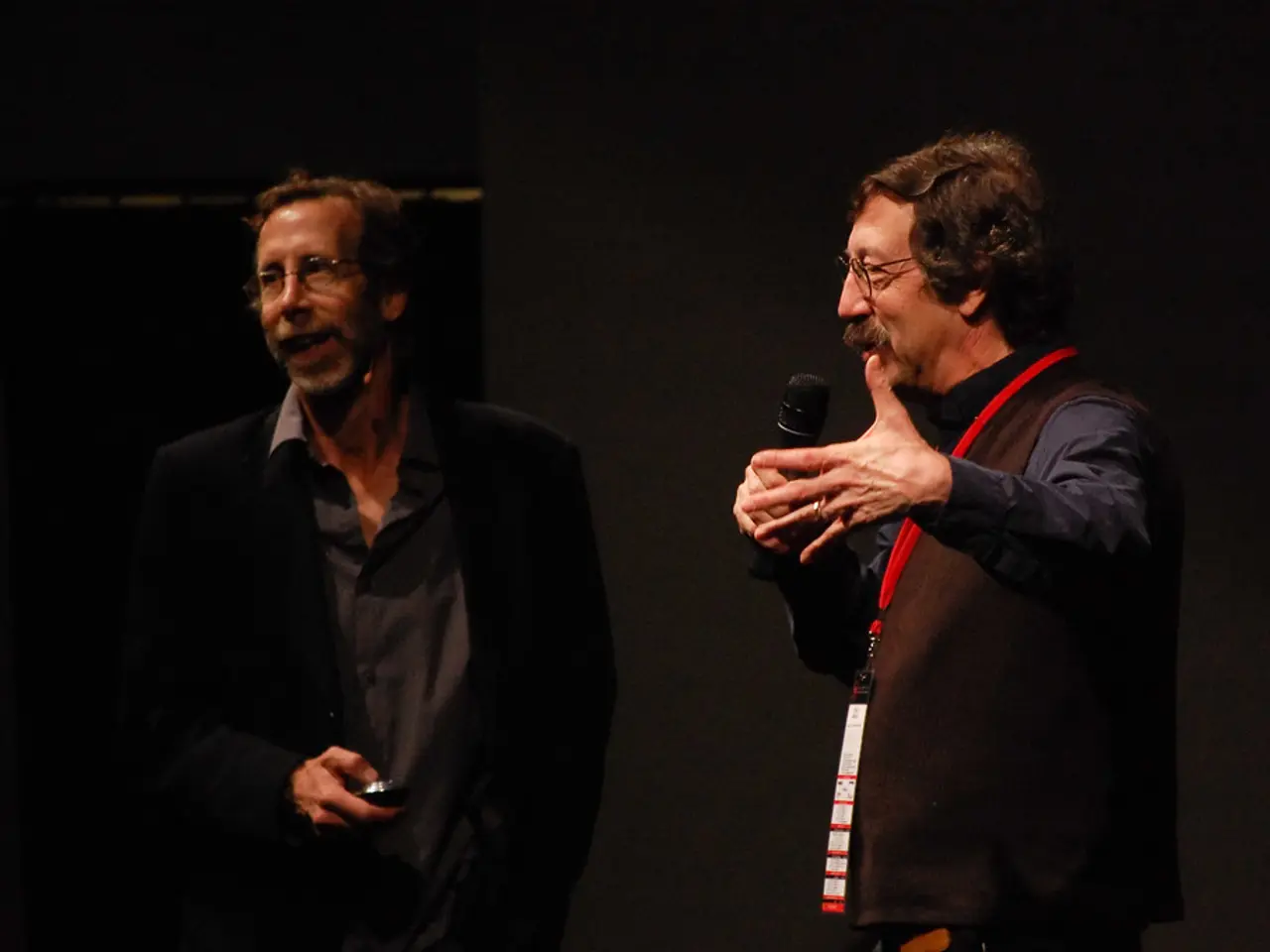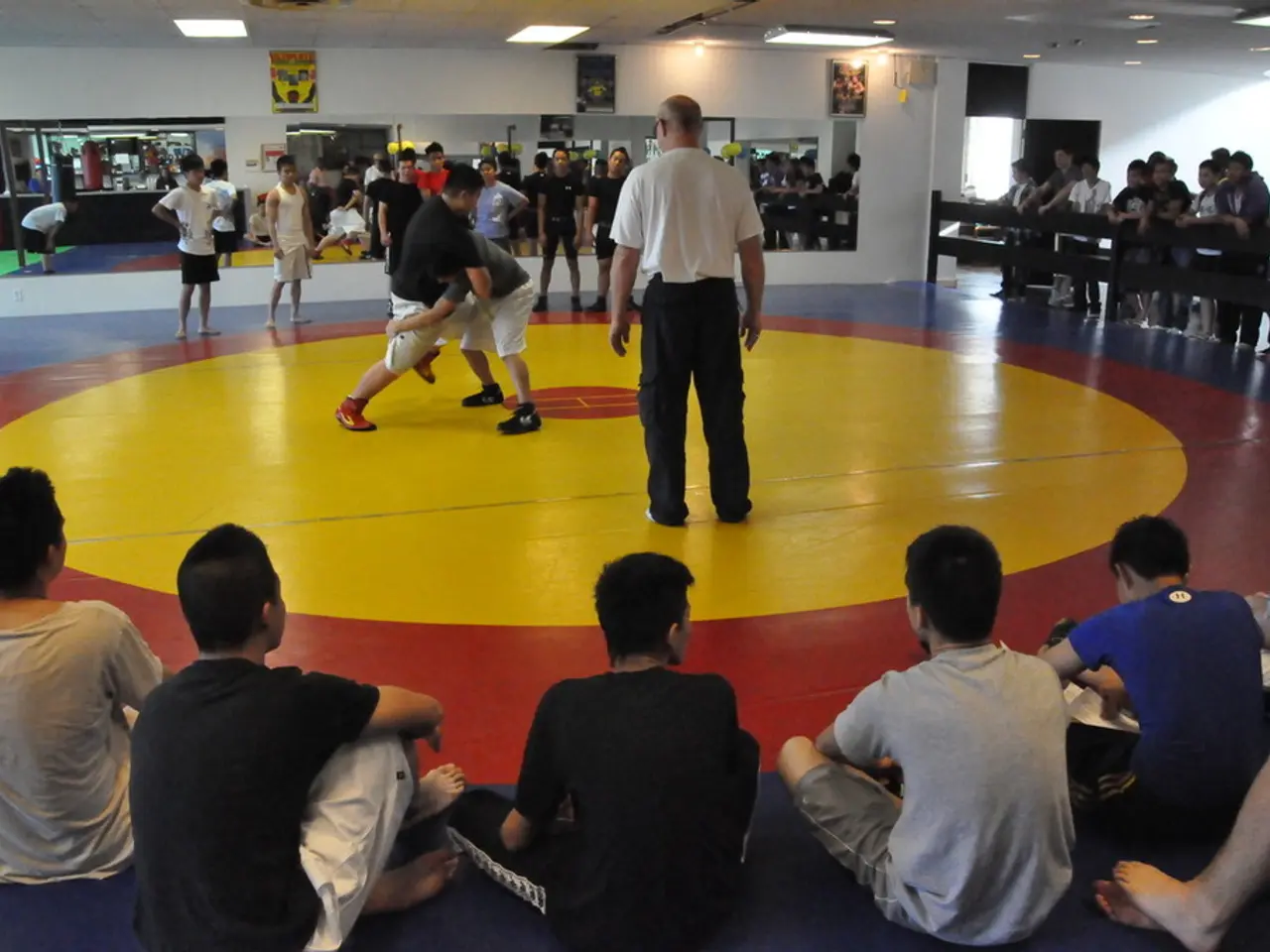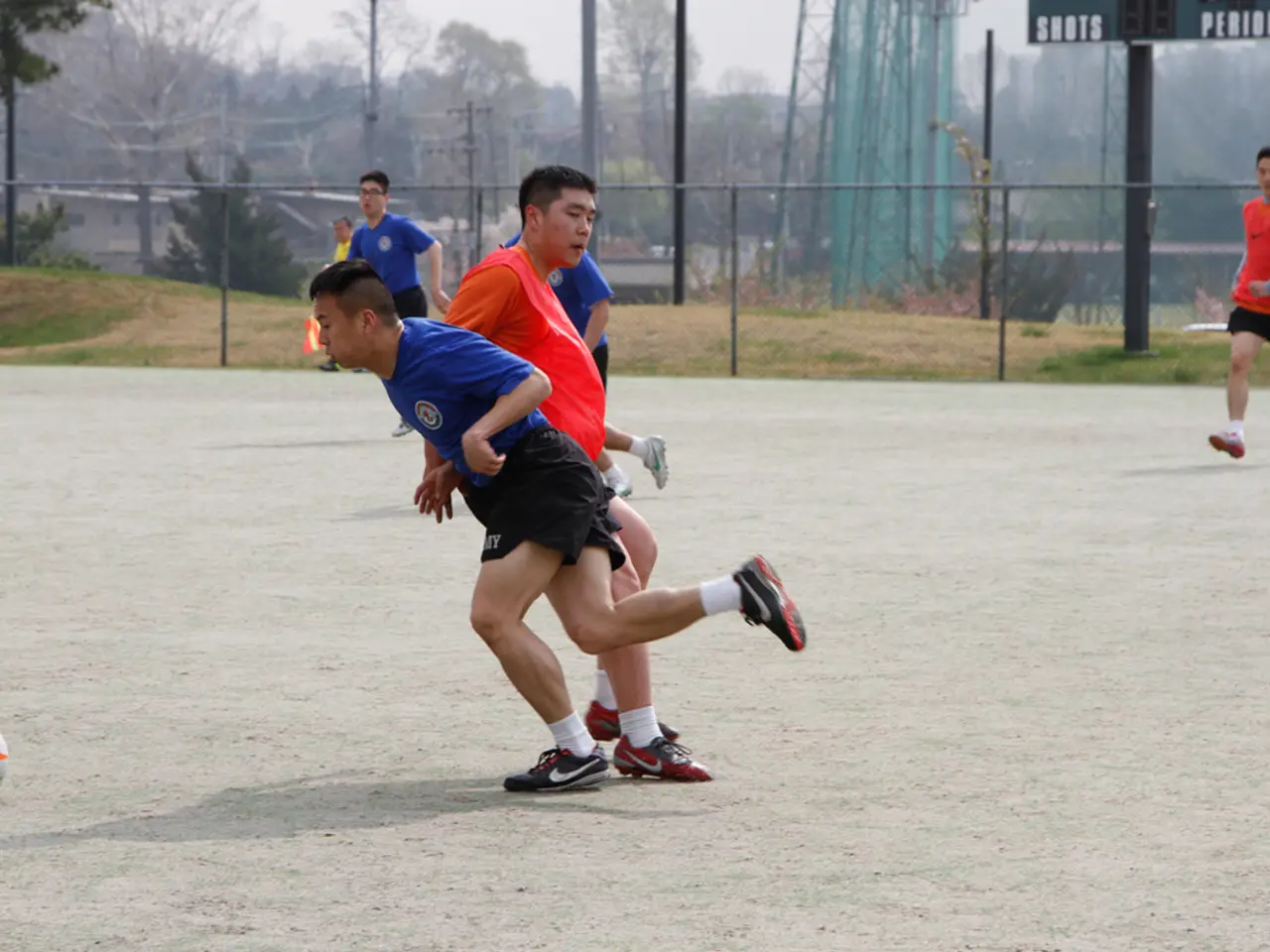A sudden interruption within politics
In the heart of summer, many may find themselves lounging by the beach or exploring the great outdoors, leading some to believe that political interest takes a backseat. However, recent research and surveys suggest that there are numerous ways to stay politically relevant during this period.
Firstly, offering dialogue during the parliamentary break can significantly increase seriousness, trust, and approachability. This is particularly important as seasonal variation in public engagement can affect political communication effectiveness. While summer often sees lower traditional news consumption due to vacations and leisure time, politically active groups and organizers can capitalize on this period by building broad, diverse coalitions with intentional, nuanced communication strategies to maintain engagement across communities.
Research on historical coalition-building shows how careful collaboration and tailored communication increase chances of political success during less intense political moments. Progress in political movements requires outreach beyond homogeneous groups to authentically engage diverse activists and constituents. Without this, burnout and disengagement may rise, weakening movements during quieter political periods like summer.
Another crucial aspect is targeted communication that recognizes diverse audiences. Summer programs and extracurricular opportunities, such as political science summer schools, leadership conferences, and community service initiatives during summer months, serve as platforms for developing communication skills, raising political awareness, and nurturing future activists. Communications strategies can highlight these opportunities to sustain interest.
Crisis and issue communication during summer require careful framing to avoid disengagement. For complex issues like climate change that persist year-round, fear-based rhetoric can contribute to public overwhelm and apathy. Political communicators must use balanced and strategic messaging to maintain constructive public interest even when media attention typically wanes during summer holidays.
Lastly, media and digital communication shape political awareness in summer and beyond. Social media and digital outlets continue to influence political perception during summer, and therefore communication strategies should emphasize digital outreach, combating misinformation, and fostering engagement via online platforms, especially in light of increasing polarization.
In summary, political communication strategies during summer should focus on sustained, inclusive outreach; leveraging educational and community opportunities; careful message framing to prevent disengagement; and utilizing digital media to maintain and grow public interest despite seasonal shifts in political attention.
The classic summer interview is one way to stay politically relevant, as is a conversation at the market, a smart post at the right time, or visible support for a local cause. Approximately 70% of the population in Berlin does not consciously avoid political news during their vacation, and 57% of people welcome politicians seeking contact with citizens during the summer break.
While around 40% of respondents think politicians should use the summer break to rest and recharge, 47% hope that parliamentarians will use the summer break to intensively engage with their topics. Only 15% of people say they have more leisure time to think about political topics during the summer, indicating that while the summer may not be a phase of particularly intense political reflection, it is neither a complete departure from political interest.
Those who want to maintain political relevance must remain approachable, especially when others go silent during the summer break. By adapting outreach and messaging approaches to periods of potentially lower but still significant engagement, using targeted, collaborative, and diverse coalitions to maintain momentum, and leveraging summer-specific communication opportunities, political communicators can ensure that their messages resonate with the public even during the summer lull.
References:
[1] Research paper on historical coalition-building [2] Study on crisis and issue communication during summer [3] Report on political science summer schools and leadership conferences [4] Survey on public interest in politics during summer [5] Analysis on the role of media and digital communication during summer
- By adapting communication strategies during parliamentary breaks, political communicators can increase seriousness, trust, and approachability, thereby maintaining political relevance even during summer when traditional news consumption may decrease.
- Political activities and organizations can capitalize on summer by building diverse coalitions and utilizing intentional, nuanced communication strategies to engage communities, avoiding burnout and disengagement that may arise during less intense political moments.
